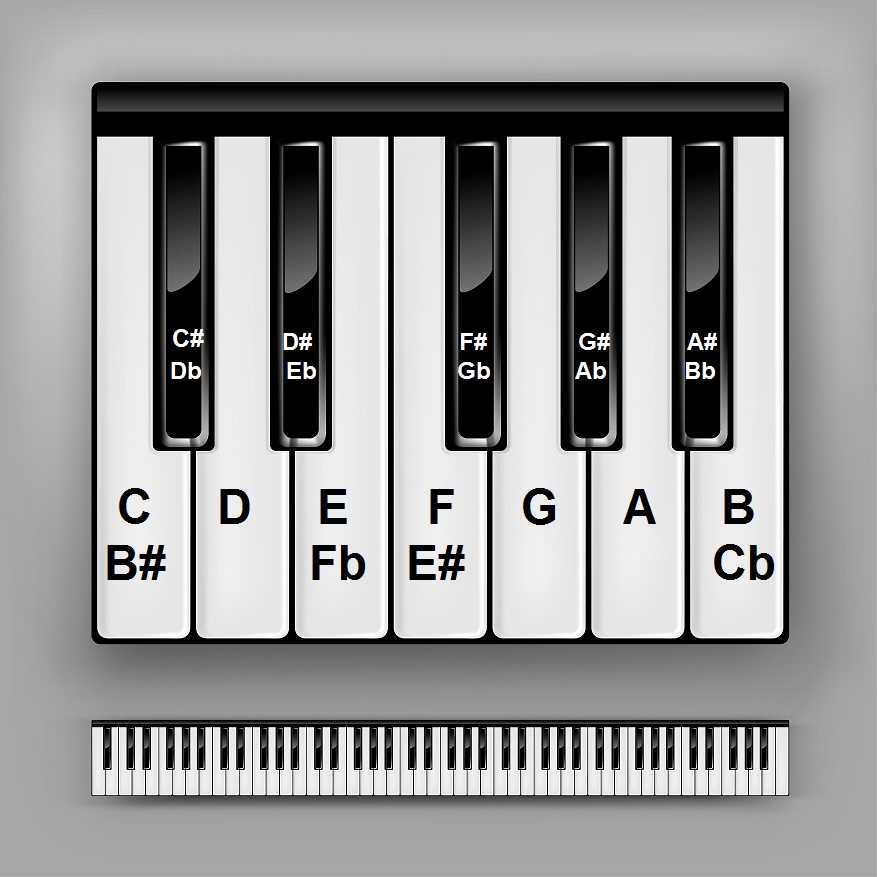Understanding The C Key On The Piano: Is Piano In C Key?
When it comes to learning the piano, one of the first questions that arise is whether the piano can be played in the C key. This fundamental aspect of piano playing not only influences the way music is composed and performed but also serves as the cornerstone for understanding musical theory. The C major scale is often seen as the most straightforward and accessible key for beginners. Its absence of sharps and flats makes it an ideal starting point for learning the instrument. However, many players may wonder whether the piano is strictly limited to the C key or if it can adapt to various other keys as well.
In exploring whether the piano is in C key, it’s essential to understand the layout of the instrument. The piano consists of a series of white and black keys, with the white keys representing the natural notes and the black keys representing the sharps and flats. The C key serves as a focal point on the piano, marking the beginning of the C major scale. This scale consists of the notes C, D, E, F, G, A, and B, which form the backbone of countless compositions across various genres.
This article will delve into the intricacies of the C key on the piano, answering questions such as, “Is piano in C key the best choice for beginners?” and “How does playing in the C key affect the overall sound of a piece?” By the end of this exploration, you will have a comprehensive understanding of the C key on the piano and its significance in music.
Read also:Unveiling The Enchanting Antelope Valley Poppy Reserve A Flower Paradise
What is the C Major Scale?
The C major scale is one of the most important scales in Western music. It consists of the following notes:
- C
- D
- E
- F
- G
- A
- B
This scale is often the first one that beginners learn because it does not include any sharps or flats. The simplicity of the C major scale allows new pianists to focus on their finger placement and technique without the added complexity of accidentals.
Is Piano in C Key Ideal for Beginners?
Many music educators advocate for starting piano lessons in the C key due to its straightforward nature. However, is piano in C key the best option for all beginners? Here are some reasons why it is often recommended:
- Easy Finger Placement: The C major scale allows beginners to develop their finger dexterity without the complications of sharps and flats.
- Foundational Understanding: Learning in C provides a solid foundation for understanding other scales and keys in the future.
- Common Usage: Many classical pieces and popular songs are composed in the C major key, making it relevant for learners.
Can the Piano Be Played in Other Keys?
While the C major scale is essential, the piano is a versatile instrument that can be played in various keys. Musicians often transpose songs to different keys to suit their vocal range or the mood of the piece. Understanding how to play in different keys enhances a pianist's skills and adaptability. It’s crucial for pianists to learn how to navigate the black keys and understand the concept of sharps and flats to fully explore the instrument's capabilities.
How Does Playing in the C Key Affect Musical Composition?
The C key has a significant impact on musical composition, influencing how melodies and harmonies are constructed. Composers often choose the C major key for its bright, uplifting sound. Here are a few ways in which the C key affects musical composition:
- **Emotional Tone**: The C major key is often associated with joy and simplicity, making it a popular choice for upbeat and celebratory music.
- **Harmonic Progressions**: Many common chord progressions, such as I-IV-V, are easily expressed in the C key.
- **Accessibility**: The ease of playing in C makes it an excellent choice for beginner composers looking to create their first pieces.
Is Piano in C Key Linked to Music Theory?
Yes, understanding whether the piano is in C key is closely linked to music theory. The C major scale serves as a foundational element in music education. Here’s how:
Read also:Understanding Augmentin Side Effects A Comprehensive Guide
- **Intervals**: The C major scale provides a clear example of whole and half steps, crucial for understanding intervals.
- **Chords**: Basic triads, such as C major, D minor, and E minor, can be easily constructed using the notes of the C major scale.
- **Key Signatures**: The concept of key signatures begins with the C major scale, helping students learn to read music.
How Do Different Genres Utilize the C Key?
Different musical genres utilize the C key in unique ways. Here are some examples:
- **Classical**: Composers like Bach and Beethoven often wrote pieces in the C major key, showcasing its bright sound.
- **Pop**: Many popular songs are written in C major, making them accessible for amateur musicians to play.
- **Jazz**: While jazz often explores various keys and modes, the C major scale serves as a fundamental framework for improvisation.
Conclusion: Is Piano in C Key the Best Starting Point?
In conclusion, while the piano is not limited to the C key, it serves as an excellent starting point for beginners. The simplicity of the C major scale, combined with its prevalence in music, makes it a logical choice for those just beginning their musical journey. Understanding the C key allows piano students to build a solid foundation in music theory, develop their skills, and explore more complex keys in the future. Ultimately, the question of whether the piano is in C key leads to a broader appreciation of the instrument and its capabilities.
Article Recommendations

